Fires can be one of the most devastating disasters to strike a home or business. Unlike other natural disasters that might come with warnings, fires can start suddenly and spread rapidly, leaving little time to react. This makes it critical to take proactive steps to prevent fires and minimize the risk to your property and loved ones. By implementing the following fire prevention tips, you can significantly reduce the chances of a fire occurring and protect your property from potential damage.
Understanding the Causes of Property Fires
Before diving into specific prevention tips, it’s essential to understand what causes property fires. According to the National Fire Protection Association (NFPA), the most common causes of fires in homes and businesses include:
- Cooking Equipment: Unattended cooking is the leading cause of home fires. Grease fires, for example, can ignite in seconds and quickly engulf a kitchen.
- Heating Equipment: Space heaters and malfunctioning central heating systems can be significant fire hazards, particularly in the colder months.
- Electrical Issues: Faulty wiring, overloaded circuits, and outdated electrical systems can spark fires without warning.
- Smoking: Improperly discarded cigarettes or cigars are common culprits of residential fires.
- Candles: While they add ambiance, candles left unattended can easily start a fire.
- Christmas Trees: Dry trees combined with electrical lights can be a deadly combination during the holiday season.
Understanding these common causes helps you identify potential risks in your home or business, allowing you to take preventive measures.
Conduct Regular Fire Risk Assessments
A proactive approach to fire prevention starts with conducting regular fire risk assessments. Walk through your property and identify potential hazards. Check for overloaded power strips, frayed electrical cords, and areas where flammable materials are stored. Addressing these risks early on can prevent fires before they start.
For businesses, it’s crucial to have a fire safety plan in place and to regularly train employees on fire prevention and emergency response. This includes ensuring that fire extinguishers are accessible, smoke alarms are functional, and escape routes are clearly marked.
Install and Maintain Smoke Alarms
Smoke alarms are your first line of defense in detecting a fire early. Install smoke alarms on every level of your home, including inside bedrooms and outside sleeping areas. For businesses, smoke alarms should be placed in all key areas, including offices, kitchens, and storage rooms.
Regular maintenance is key to ensuring smoke alarms function properly. Test smoke alarms monthly and replace batteries at least once a year. If an alarm starts beeping, replace the battery immediately. Additionally, consider replacing smoke alarms every 10 years to ensure they are up-to-date with the latest technology.
Use Electrical Equipment Safely
Electrical fires can start without warning, making it crucial to use electrical equipment safely. Avoid overloading power strips and extension cords, and always unplug appliances when they are not in use. For homes, consider having a licensed electrician inspect your electrical system to ensure it meets current safety standards.
In businesses, regularly inspect all electrical equipment and replace any damaged cords or faulty devices. Ensure that employees are trained in safe electrical practices, such as not using space heaters near flammable materials or running cords under carpets.
Practice Safe Cooking Habits
Given that cooking is the leading cause of home fires, practicing safe cooking habits is essential. Never leave cooking food unattended, especially when using high heat or frying with oil. Keep flammable items, such as paper towels and wooden utensils, away from the stovetop.
In commercial kitchens, staff should be trained on proper cooking techniques and emergency procedures, such as how to extinguish a grease fire. Regular maintenance of kitchen appliances, such as deep fryers and ovens, can also prevent malfunctions that could lead to fires.
Create and Practice an Emergency Escape Plan
Preparation is key to surviving a fire. Create an emergency escape plan for your home or business, and make sure everyone knows the plan. Identify multiple exit routes from each room and designate a safe meeting place outside the building.
Practice your escape plan regularly, especially with children or employees, to ensure everyone is familiar with the procedure. Remember, in the event of a fire, your priority should be to get out safely and call 911. Never re-enter a burning building for any reason.
Fireproof Important Documents and Valuables
While your primary concern should be safety, it’s also wise to protect important documents and valuables. Invest in a fireproof safe or lockbox to store items such as passports, insurance policies, and other critical documents. This can provide peace of mind knowing that these items will be protected even in the event of a fire.
Conclusion
Fires can be devastating, but with the right precautions, you can significantly reduce the risk to your property. By understanding the common causes of fires and implementing these fire prevention tips, you can create a safer environment for your home or business. In the unfortunate event that a fire does occur, remember that Atlantic Adjusting Co. is here to help you navigate the complex insurance claims process and ensure you receive the compensation you deserve. Contact us today for expert assistance with your fire damage claims.
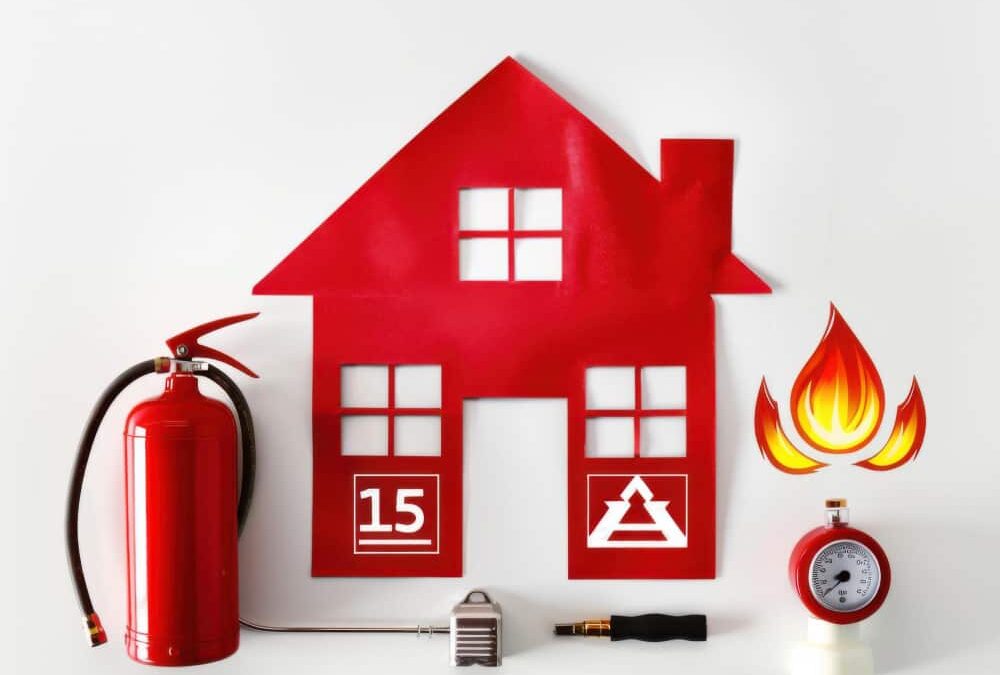








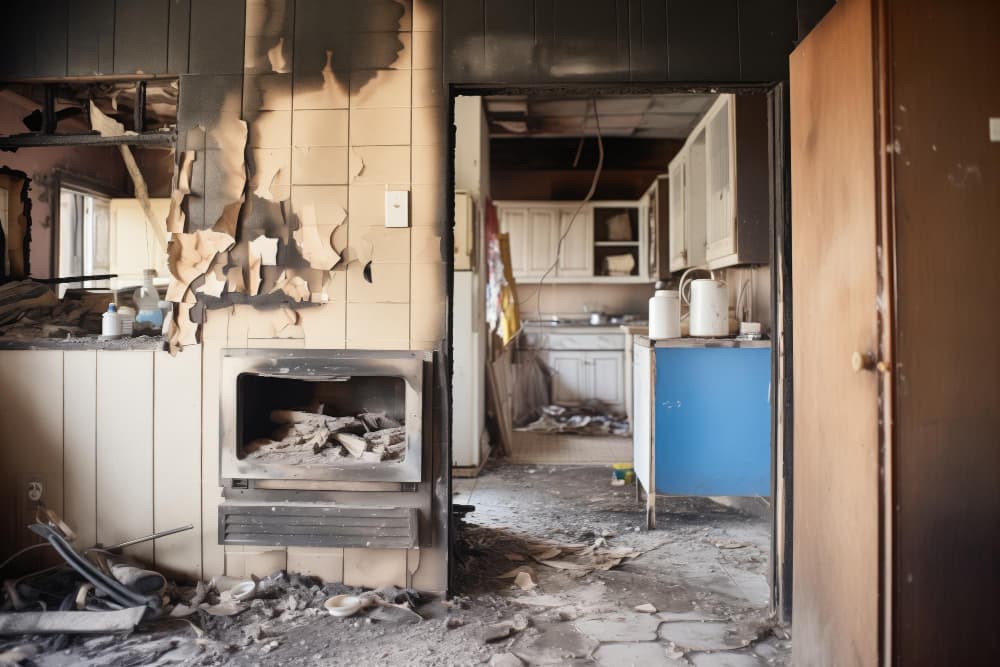

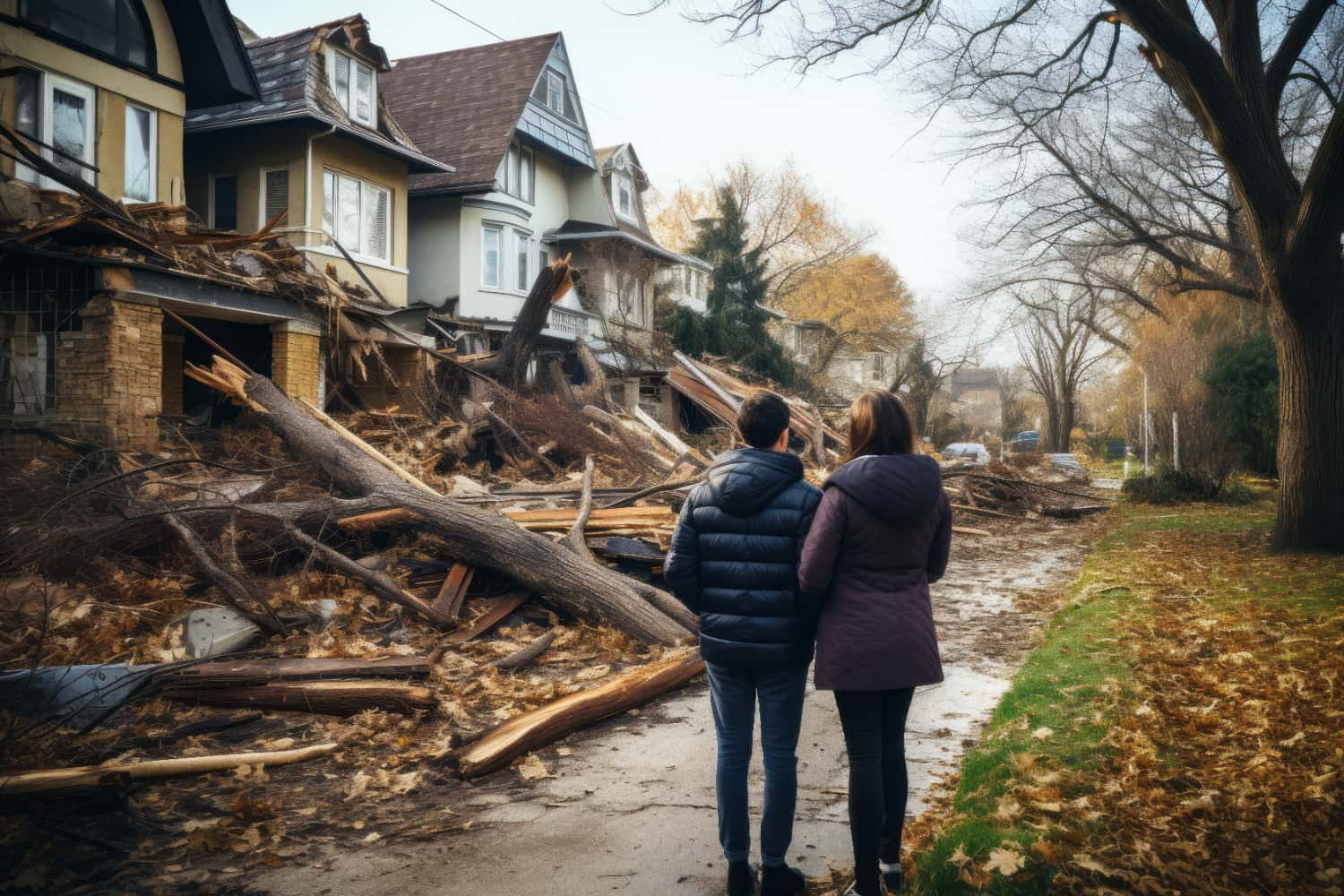

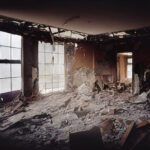
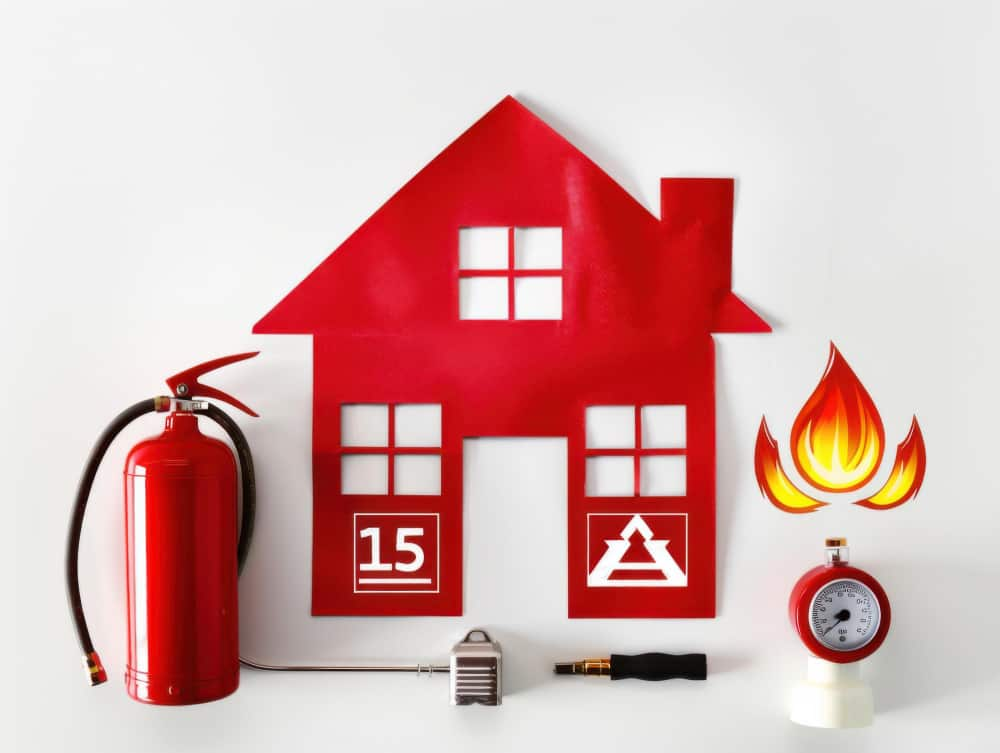



 Melissa Peña
Melissa Peña Anthony Peña
Anthony Peña Paul Peña
Paul Peña Daniela Pagliari
Daniela Pagliari